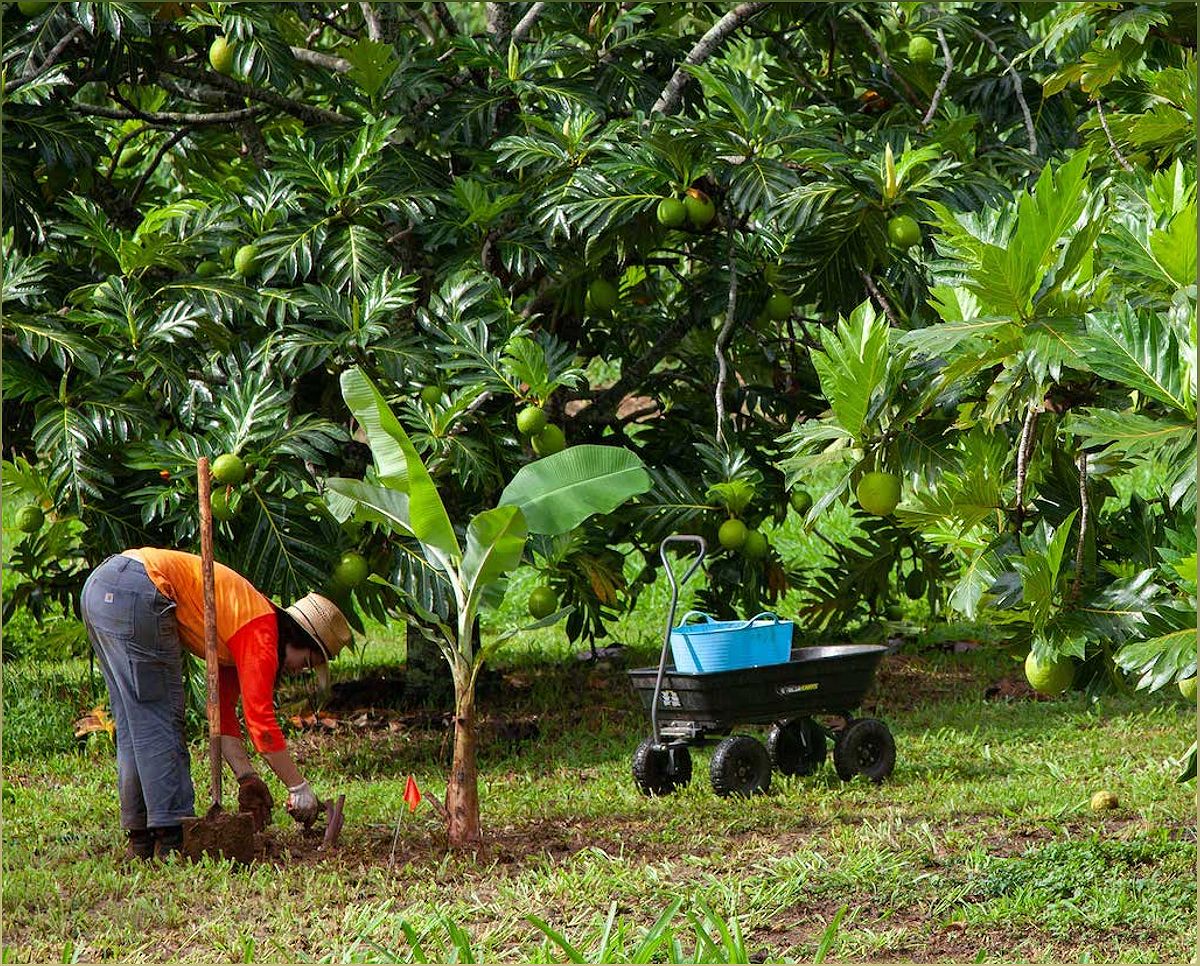Learn about the importance of regenerative agriculture in sustainable farming and supply chains, and how retail giants and CPG brands are embracing this practice to reduce emissions and support organic farming.
The Importance of Regenerative Agriculture in Sustainable Farming
Regenerative agriculture is a key component of sustainable farming and supply chains. It focuses on rehabilitating farming and food systems to enhance long-term soil health. By prioritizing soil health and reducing emissions and waste, regenerative agriculture offers a promising solution for building a more sustainable future.

( Credit to: Modernretail )
Regenerative farming practices, such as using cover crops, crop rotation, and composting, help improve soil health and reduce the need for synthetic fertilizers and pesticides. By minimizing tilling and promoting the growth of beneficial plants, regenerative agriculture creates a healthier ecosystem for crops and wildlife.
Brands like Walmart, PepsiCo, General Mills, and Purely Elizabeth have recognized the importance of regenerative agriculture and are making commitments to support organic farming and reduce emissions. This movement is not limited to retail giants, as eco-friendly CPG brands and fashion brands of all sizes are also embracing regenerative agriculture.
Embracing Regenerative Agriculture: A Collaborative Effort
In July, Walmart and PepsiCo announced a partnership, pledging $120 million to support U.S. and Canadian farmers in their efforts to improve soil health and water quality through regenerative agriculture. This investment demonstrates the commitment of retail giants to embrace sustainable practices and support farmers in transitioning to regenerative farming methods.
CPG brands like General Mills and Purely Elizabeth are also joining the movement, integrating regenerative agriculture into their supply chains. By sourcing ingredients from regenerative farms and supporting farmers in adopting sustainable practices, these brands are contributing to a more sustainable and resilient food system.
Regenerative agriculture is not just limited to the food industry. Fashion brands like Burberry, The North Face, and Allbirds are also recognizing the importance of regenerative farming in the textile industry. By sourcing materials from regenerative farms, these brands are reducing their environmental impact and supporting farmers who prioritize soil health.
Certifying Regenerative Organic Products
The Regenerative Organic Alliance (ROA) is the major organization that certifies products as regenerative organic. The certification process involves multiple steps, including the submission of a producer license agreement and an organic system plan. Applicants must also provide documentation of current certificates and annual reviews related to soil health, animal welfare, and social fairness.
By obtaining the regenerative organic certification, brands can demonstrate their commitment to sustainable and regenerative practices. This certification provides transparency and assurance to consumers that the products they purchase are produced in a way that prioritizes soil health, biodiversity, and the well-being of farmers and communities.
The Benefits of Regenerative Agriculture
Regenerative agriculture offers a range of benefits for both the environment and farmers. By improving soil health, regenerative practices help sequester carbon from the atmosphere, reducing greenhouse gas emissions and mitigating climate change. Additionally, regenerative agriculture promotes biodiversity, enhances water quality, and reduces soil erosion.
For farmers, regenerative agriculture can lead to increased profitability and resilience. Healthy soils are more productive and require fewer inputs, reducing costs and improving long-term sustainability. By diversifying crop rotations and implementing regenerative practices, farmers can also mitigate risks associated with pests, diseases, and extreme weather events.
The Role of Consumers and Retailers
As consumers become more conscious of their choices, regenerative agriculture plays a vital role in meeting their demand for sustainable and planet-friendly products. Retailers like Madewell are integrating regenerative agriculture into their sustainability initiatives, incorporating regenerative cotton into their denim line. By supporting regenerative farming practices, retailers can provide consumers with more sustainable options and contribute to a healthier planet.
Furthermore, retailers and consumers are increasingly willing to pay higher prices for products with climate-friendly indications. By embracing regenerative agriculture, brands can attract customers who are actively seeking out sustainable and environmentally-friendly brands, leading to increased sales and brand loyalty.
Conclusion: Building a Sustainable Future
Regenerative agriculture is not only an effective long-term sustainability goal but also a means to support the well-being of farmers and communities. By prioritizing soil health and reducing emissions from the start, brands can make a real impact on climate change and create a more sustainable food and CPG industry.
As more brands recognize the benefits of regenerative farming, we can expect to see its widespread adoption. With the support of consumers and retailers, regenerative agriculture will continue to play a vital role in building a more sustainable future for generations to come.
